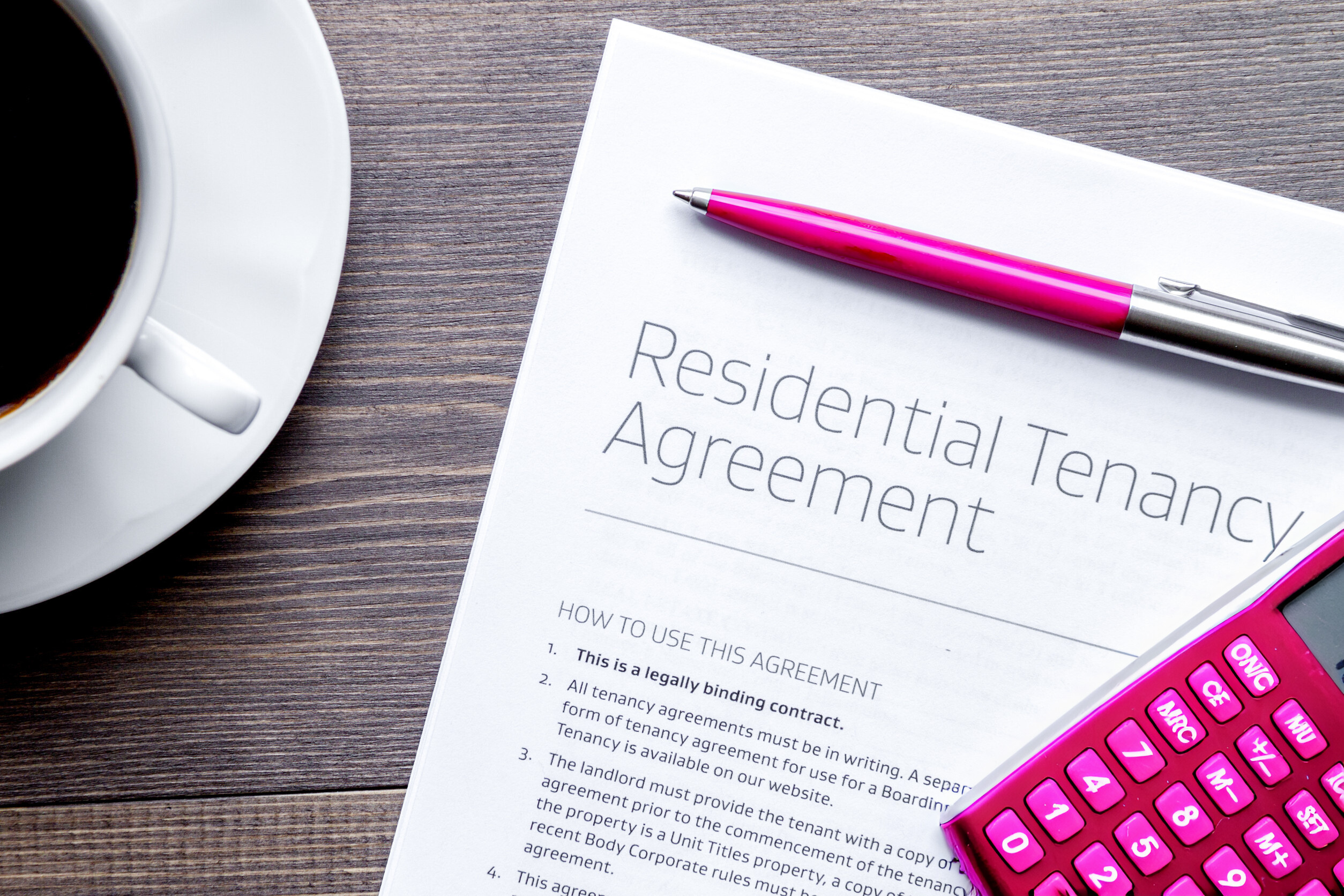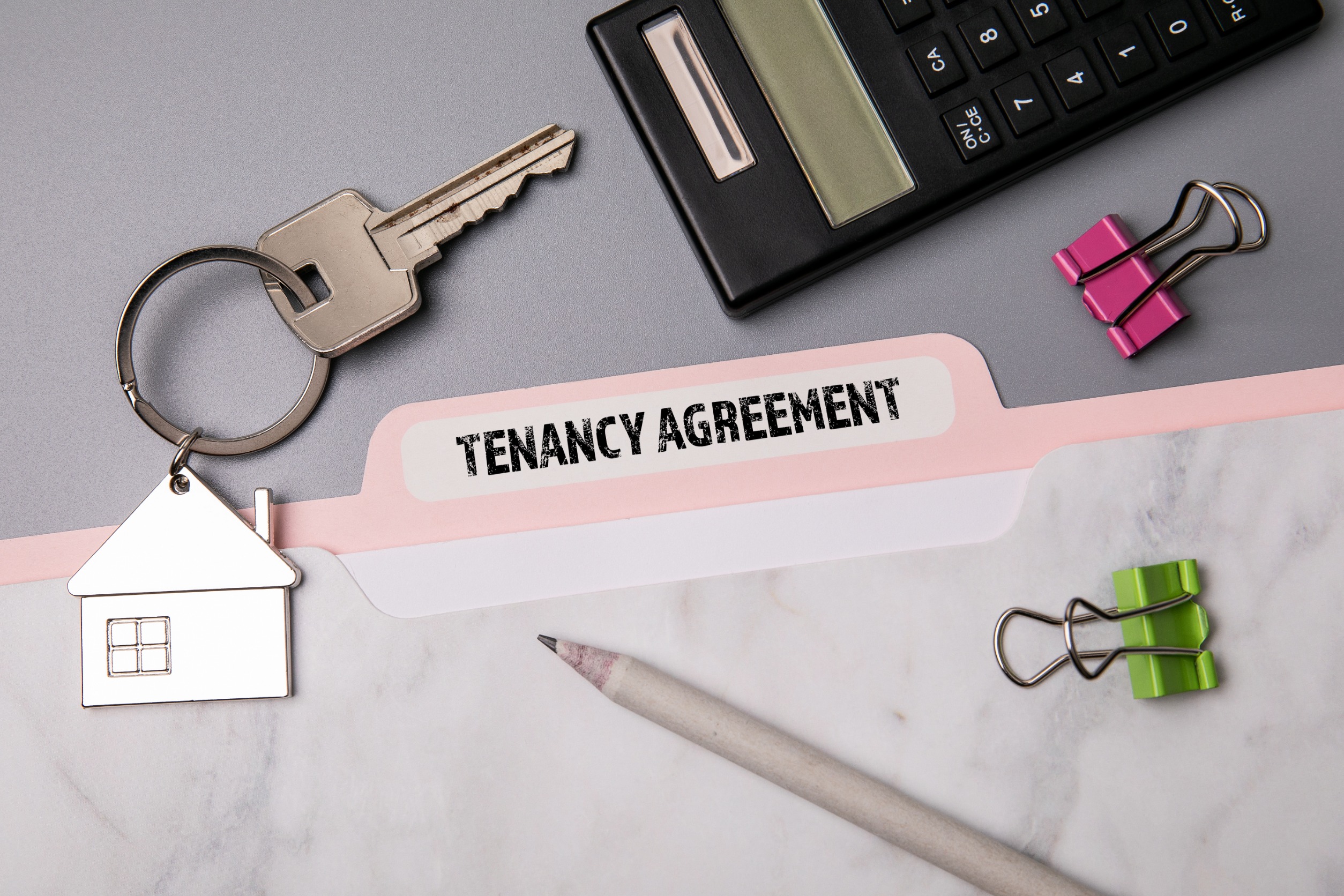
Tenant screening is one of the most important tasks for any landlord, in ensuring that you find the right tenants for your property before they sign an Assured Shorthold Tenancy (AST). It involves checking a tenant’s background, credit history, employment status, and references to make an informed decision.
Without a thorough screening process, landlords can risk renting to unreliable tenants, leading to late payments, property damage, and even eviction disputes.
In today’s rental market, effective tenant screening has become more complex. Rules around data protection, referencing, and credit checks require careful navigation. If you’re a landlord in Tower Hamlets, you might find the process time-consuming and tricky to manage, especially if you have multiple properties.
The Steps Involved in Tenant Screening
Tenant screening is not a one-step process but involves several important stages to ensure you find tenants who will respect your rental property in Tower Hamlets and fulfil their financial obligations.
Here’s an overview of the typical steps:
1. Initial Application Screening
The first stage in tenant screening is the initial application. This involves collecting information about the tenant, such as their name, employment details, and rental history. As a landlord, you must ensure that the application form is comprehensive and in line with data protection regulations.
2. Credit Checks
One of the most important aspects of tenant screening is the credit check. A tenant’s credit score offers insight into their financial reliability. However, accessing accurate and up-to-date credit information can be difficult. Landlords must ensure they comply with the latest regulations under the General Data Protection Regulation (GDPR) when conducting these checks.
3. Employment and Income Verification
Confirming that a potential tenant can afford the rent is another key step. This usually involves checking their employment status and verifying their income. For self-employed tenants, this can be more challenging, often requiring additional documentation such as tax returns or bank statements.
4. References from Previous Landlords
A reference from a previous landlord can provide valuable insights into a tenant’s behaviour. For example, did they pay rent on time? Did they take good care of the property? Gathering this information can help paint a clearer picture, but it’s crucial to handle the process professionally and respect privacy laws.
5. Right to Rent Checks
In the UK, landlords are required to perform Right to Rent checks. These checks ensure that prospective tenants have the legal right to live in the UK. Failure to comply with this legislation can result in fines or even imprisonment.
Why Tenant Screening Can Be Complicated
While these steps may seem straightforward, tenant screening can be complicated, particularly for new landlords or those with multiple rental properties to manage. Here’s why:
- Time-consuming: Screening each potential tenant thoroughly takes time, and landlords who try to rush the process can overlook important details.
- Legal Compliance: Regulations like GDPR, Right to Rent laws, and anti-discrimination rules must be strictly followed. Any misstep can lead to legal issues.
- Access to Reliable Information: Landlords may struggle to access accurate credit information or verify employment details without professional resources.
- Tenant Communication: Coordinating with potential tenants for documents, background information, and references can be slow and inefficient, particularly when tenants delay responses.
- Reference Verification: Checking references from previous landlords can be tricky, especially if the tenant has a complex rental history or lived abroad.
- Risk of Fraud: Some tenants may attempt to provide false or misleading information, making it harder to verify their background without advanced screening tools.
- Handling Discrepancies: It’s common to find discrepancies between what tenants report and the information gathered from checks, which can complicate decision-making.
Given these complexities, it’s clear why many landlords in Tower Hamlets find tenant screening challenging and choose to rely on the expertise of a property management company instead.
Let City Realtor Help
Tenant screening is not just about ticking boxes; it’s about ensuring you have peace of mind, knowing your rental property is in the hands of responsible tenants.
With the complexities involved, it’s easy to make mistakes if you go it alone. That’s why more and more UK landlords are choosing to work with professional property management companies like City Realtor.
We bring expertise, tools, and a level of thoroughness that ensures you get the right tenant, every time.
City Realtor offers a range of property management services designed to make your life easier, including comprehensive tenant screening.
We take the hassle out of managing your rental property in Tower Hamlets, so you can focus on what matters most – whether it’s growing your property portfolio or simply enjoying a stress-free experience as a landlord.
Take the first step towards safer, more reliable tenant selection today. Reach out to City Realtor now on 0207 790 7702 or email admin@cityrealtor.co.uk
for more information on how we can assist you with tenant screening and full property management in Tower Hamlets.
In the meantime, we’ve answered some of your common tenant screening questions.
Frequently Asked Questions About Tenant Screening
What is tenant screening?
Tenant screening is the process landlords or property management companies use to evaluate potential tenants. It typically involves checking credit history, rental history, employment verification, and conducting background checks to ensure that the applicant is reliable and capable of fulfilling lease obligations.
Why is tenant screening important?
Tenant screening is crucial because it helps landlords identify responsible tenants who are likely to pay rent on time, take care of the property, and abide by lease terms. Effective screening reduces the risk of financial loss and the stress of dealing with problematic tenants.
What factors should be considered in tenant screening?
Key factors to consider include credit scores, rental history (such as any previous evictions), income verification, employment stability, and criminal background checks. Each of these elements provides insights into the applicant’s reliability and potential fit for your property.
Can I charge an application fee for tenant screening?
Yes, landlords can charge an application fee to cover the costs associated with tenant screening, such as background checks and credit reports. However, it’s important to comply with laws regarding the amount charged and how the fees are handled, ensuring transparency and fairness throughout the process.
What Next?
Ready to take the stress out of renting? Let City Realtor take the hassle out of renting your property. Whether you’re looking to get a valuation and let your property in Tower Hamlets or need professional management, we’re here to help. Call us on 0207 790 7702 or email admin@cityrealtor.co.uk today!
Don’t forget to follow us on our socials for updates and new listings!
Follow us on Facebook, connect with us on X, join us on Instagram, find us on TikTok, see us on LinkedIn, watch our YouTube Videos!
Good luck if you are buying a home, or considering putting your property in Tower Hamlets on the market. We’ve answered your FAQ’s here.








